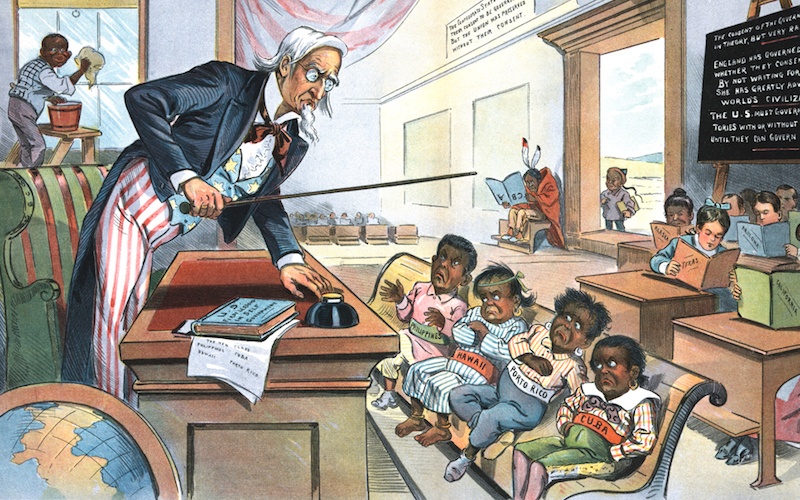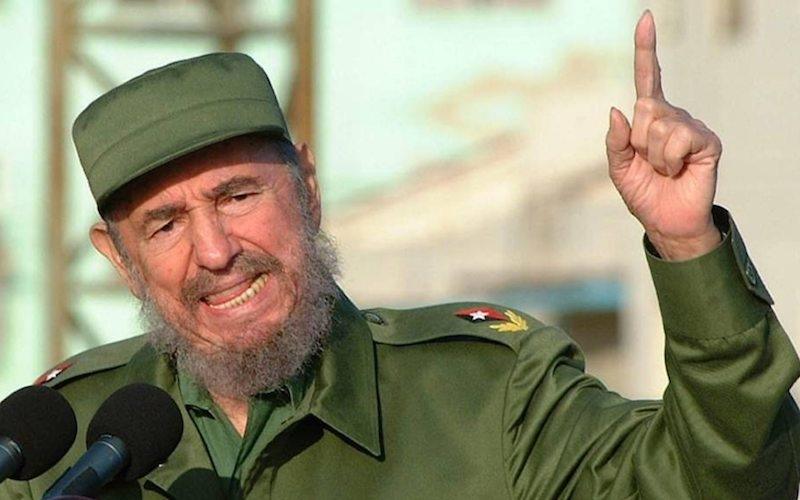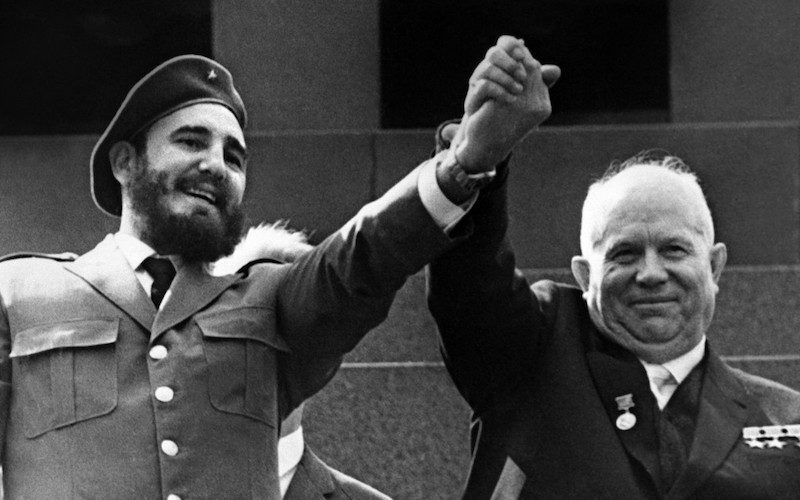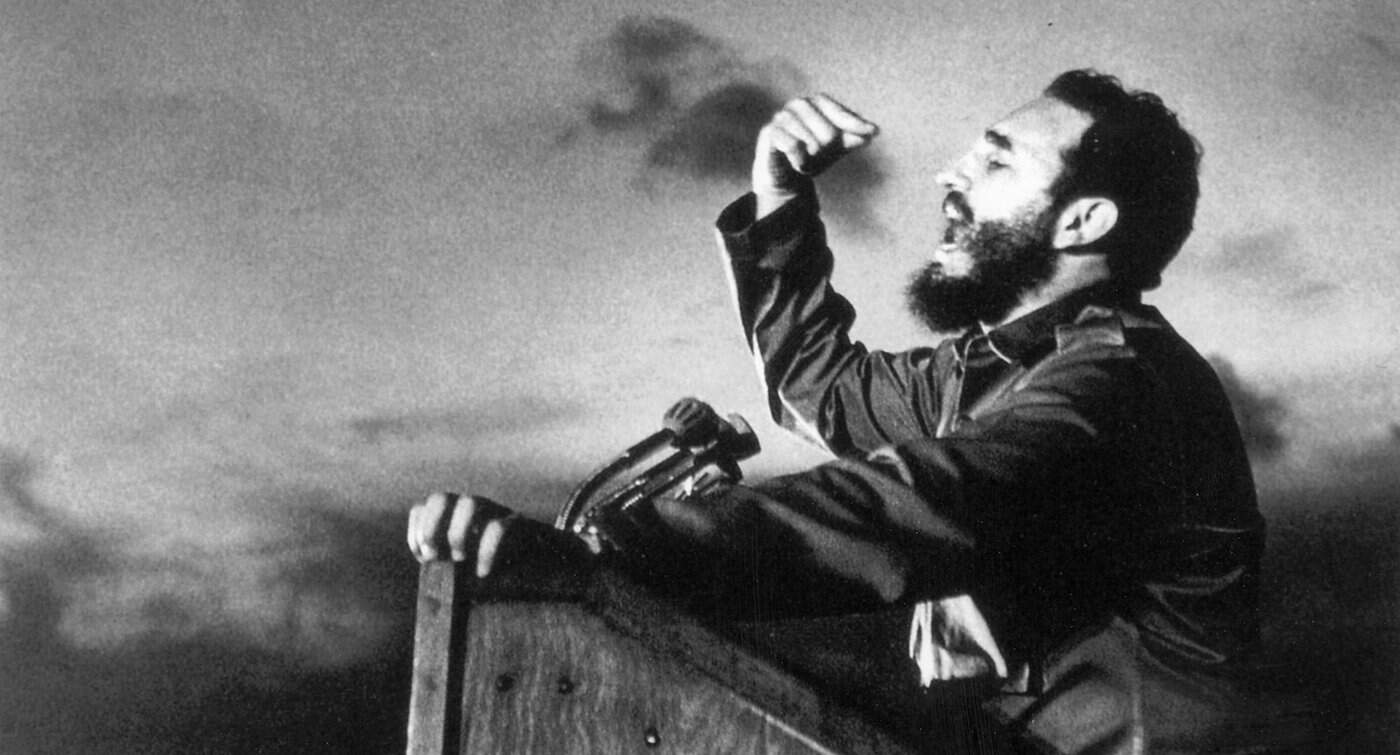
The Spanish Empire was the colonial power that managed to colonize the Island of Cuba. For centuries the Cubans lived under Spanish rule.
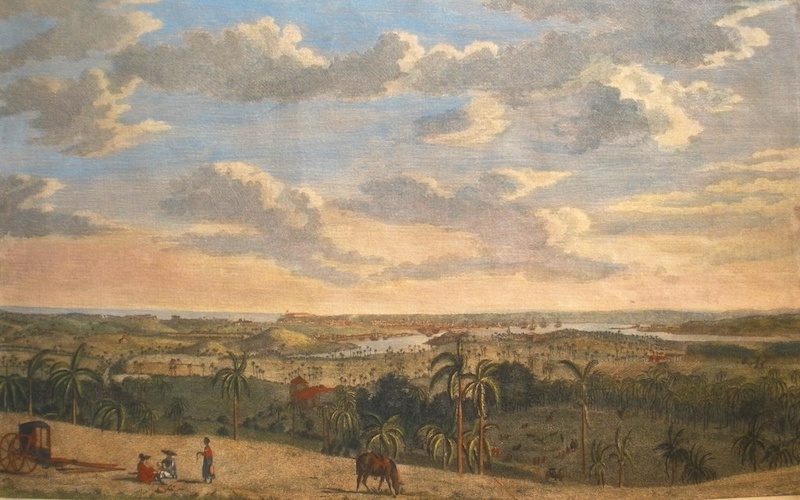
Colonization of Cuba
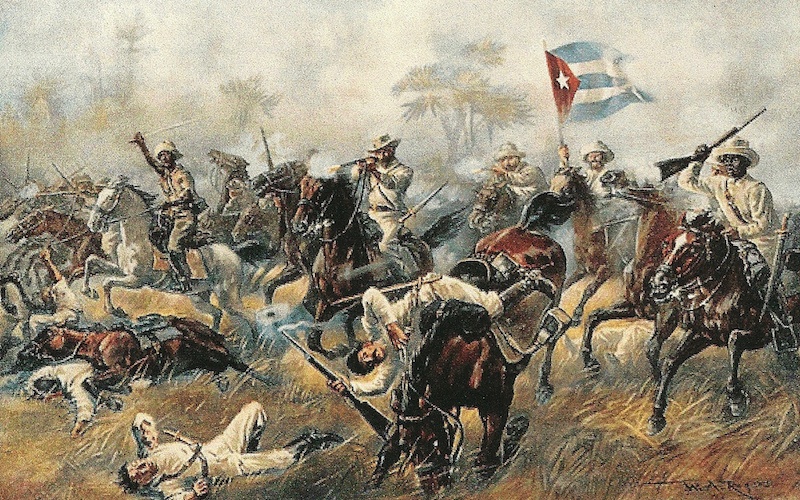
Cuba's Path to Independence
Cuba traded one master for another after it won it's independence from the Spanish Empire only to fall under the shadow of the United States.
During the Cold War Cuba went through deep economic and social transformations. After Fidel Castro's revolution, Cuba became a communist state and would seek the protection of the Soviet Union against a potential invasion by the United States.
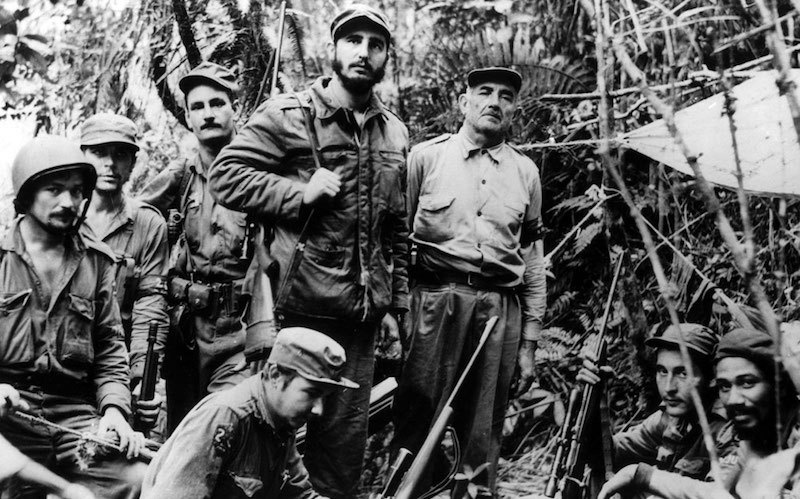
Cuban Revolution
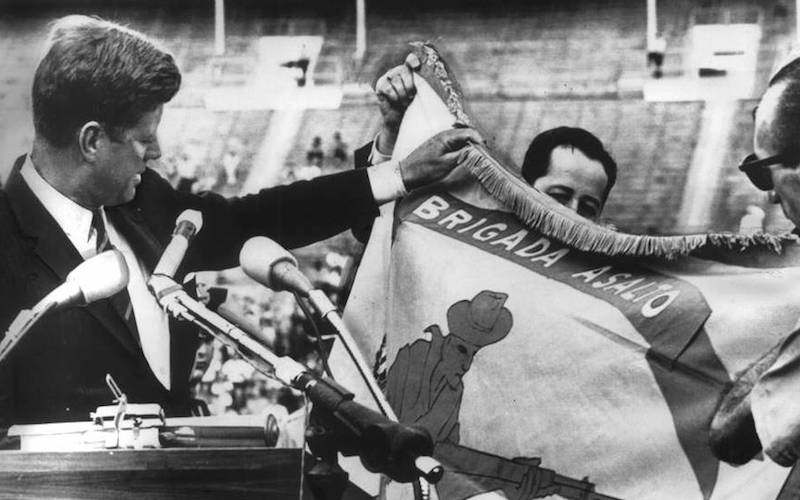
Bay of Pigs Invasion
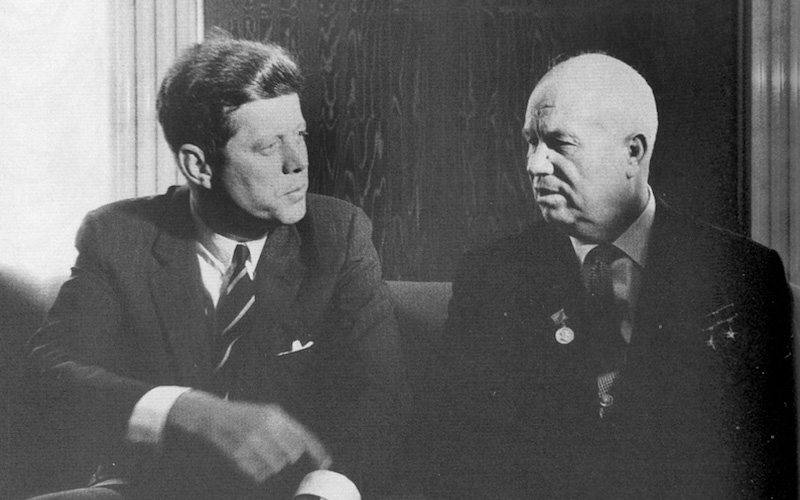
Cuban Missile Crisis
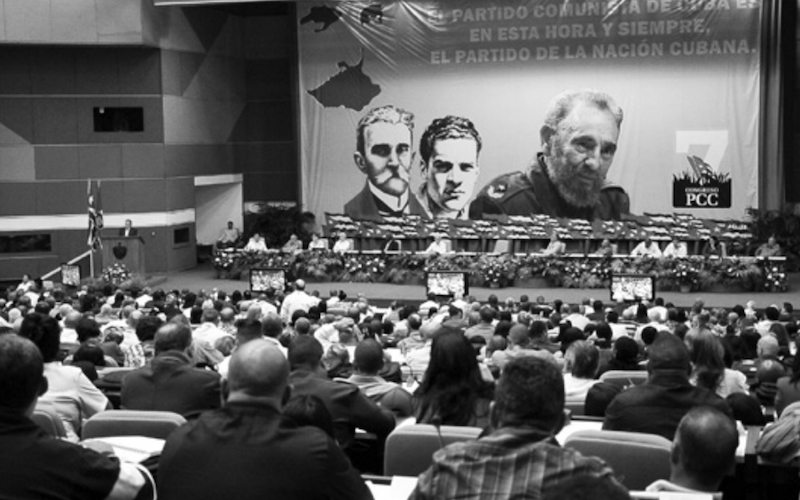
Cuba after the Missile Crisis
After the Cold War, Cuba found itself truly independent for the first time. However, the nation faced economic and social problems, made worse by the US embargo and the human rights violations that the Castro regime still perpetuated.
Fidel Castro is, without a doubt, Cuba's most famous historical figure. An anti-imperialist revolutionary for some, and a brutal dictator for others, Castro shaped Cuba's destiny for 5 decades.
